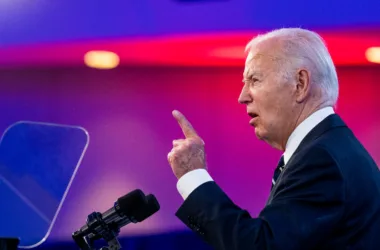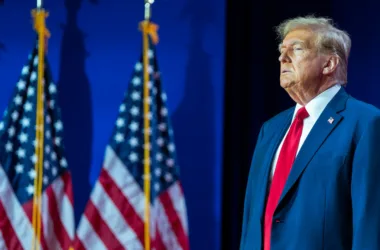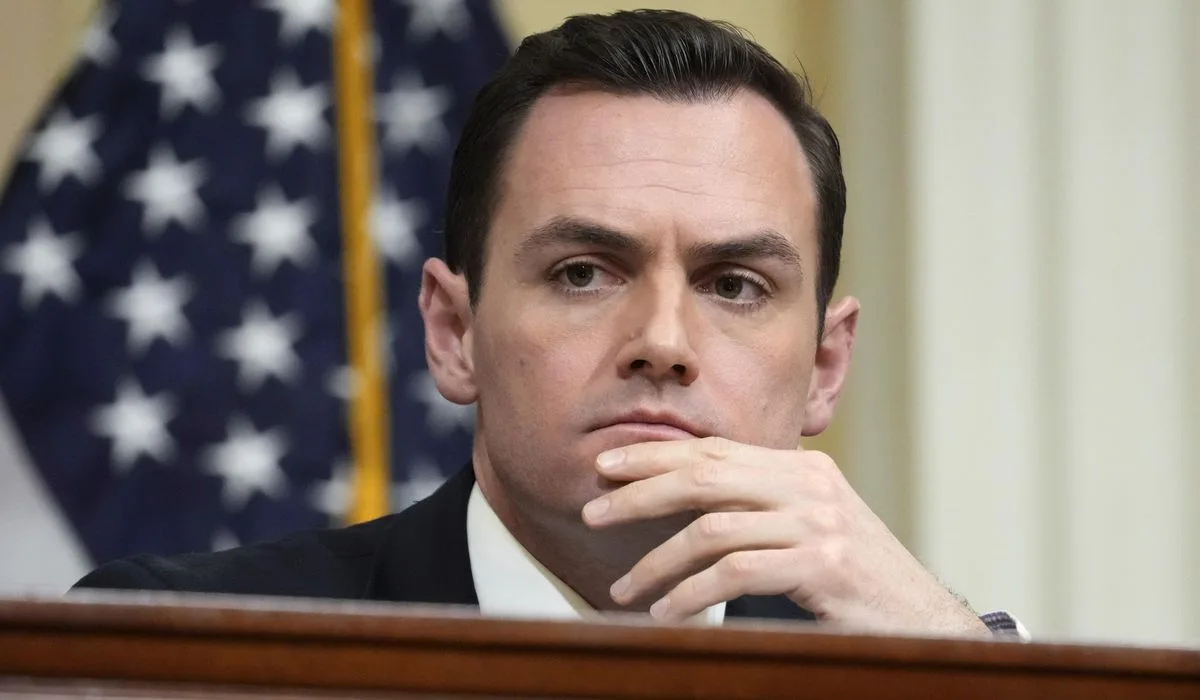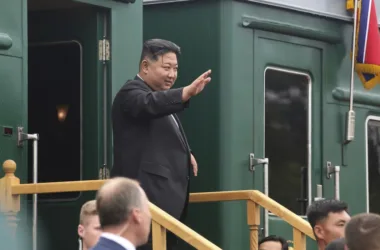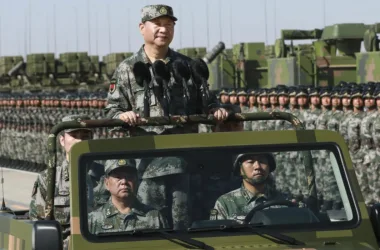A bipartisan pair of House lawmakers concerned about China’s advancements in artificial intelligence want Western nations to form a special alliance to prevent the communist country from winning a tech advantage.
The Five AIs Act from Reps. Mike Gallagher, Wisconsin Republican, and Ro Khanna, California Democrat, looks to capitalize on the Five Eyes intelligence sharing program with a new partnership focused on AI.
The U.S., U.K., Australia, Canada and New Zealand’s Five Eyes collaboration enables the sharing of sensitive information among the countries’ governments, and Mr. Gallagher and Mr. Khanna want the nations to team up on AI development too.
“It is imperative that we prevent our adversaries, particularly the Chinese Communist Party, from weaponizing AI to advance their military ambitions and perfect their repressive techno-totalitarian surveillance states,” Mr. Gallagher said in a statement. “That means ensuring the Free World continues to lead when it comes to AI innovation combined with sensible guardrails for AI use.”
The House Armed Services Cyber Subcommittee leaders’ proposal pushes the Defense Department to work with the intelligence community in creating the new international arrangement with a goal of better coordination for AI use in military and intelligence.
Artificial intelligence uses statistical analysis and advanced computing to make machines capable of accomplishing complex tasks.
While AI has existed for many years, the proliferation of powerful AI products has prompted governments’ militaries and intelligence services to test their applications.
For example, the National Security Agency in September said it was forming an AI Security Center to be the spy agency’s main hub for testing and scrutinizing AI.
Army Gen. Paul Nakasone, NSA director, said the center would team up with select foreign partners alongside U.S. industry, national labs, academia, the Defense Department and the intelligence community.
Some U.S. officials experimented with generative AI tools well before the popular chatbot ChatGPT captured the public’s imagination this year.
Deputy Defense Secretary Kathleen Hicks told reporters this month that the Pentagon’s tests predated the advent of ChatGPT in the marketplace and some Defense Department components made their own models, which were being tested under human supervision.

